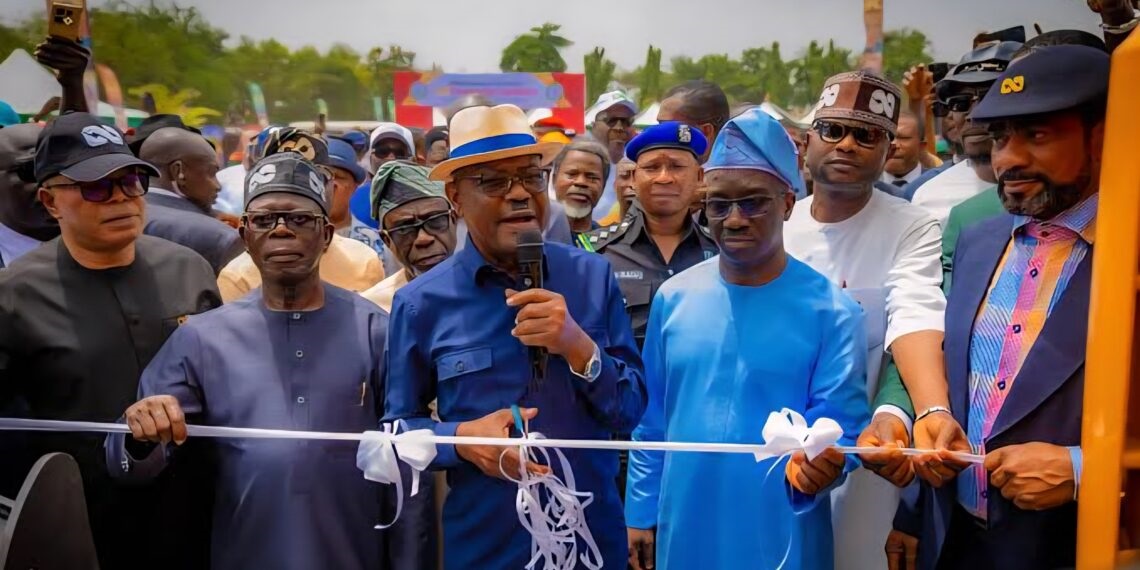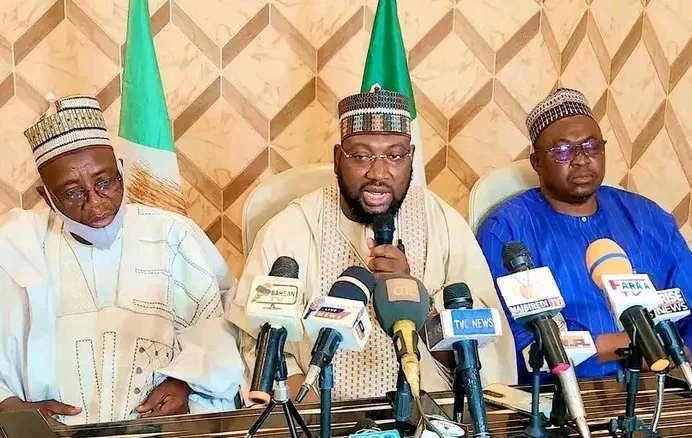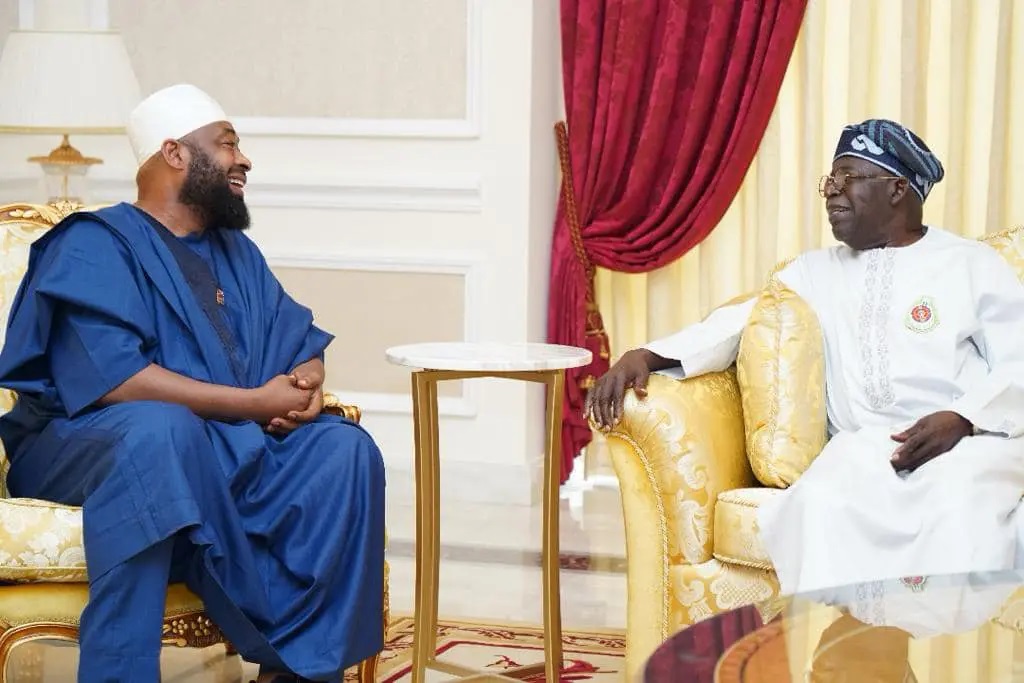A former Secretary-General of the Commonwealth, Chief Emeka Anyaoku, says Nigeria needs a new inclusive and democratic constitution that accommodate the country’s plurality.
Anyaoku stated this at a national summit organised by The Patriots and Nigerian Political Summit Group on Wednesday in Abuja.
He said that the 1999 Constitution was not democratically formulated and was not in sync with the plural nature of the country.
Anyaoku, who was the chairman of the summit, said that only a constitution that accommodates the plurality of Nigeria, could address the country’s myriad of challenges.
“As a background to this summit, it is important to state the following indisputable facts that are recognised by all citizens, except of course those who want to continue to live in denial.
“Nigeria is a pluralistic country. Like all successful pluralistic countries around the world, for its political stability and maximal development, its constitution must address its pluralism by being formulated by elected representatives of its diverse peoples.
“Our present 1999 Constitution (as amended) is not such. It was not democratically-formulated. It was, instead, imposed on the country through a decree by the military administration.
“And the governance system derived from it is not only non-inclusive but also induces over-expenditure of the country’s resources on administration rather than on capital development. Hence the need for a new Nigerian peoples’ democratic constitution,’’ he said.
According to the elder statesman, the rising cases of insecurity, high poverty, lagging infrastructure and lack of confidence in the future among the growing youth population have necessitated a new constitution.
“Overall, the present 36 federating units are obviously incapable of generating and sustaining the pace of national development achieved in the early years of the country’s independence,’’ he said.
Anyaoku expressed the view that all the challenges could be more effectively reversed if Nigeria was given a more credible and truly federal constitution, democratically made by the Nigerian people and in sync with the pluralistic nature of the country.
“To those who say that the fate of a country depends primarily on its leadership, I say that the constitution from which the system of governance is derived largely determines the character of the people who get elected or appointed to govern the country from the three arms of government,’’ he said.
Anyaoku said that the summit would produce recommendations on key elements of the desired new constitution and the process of its actualisation.
He also said that the summit would discuss key elements and questions such as presidential or parliamentary system; tenure and rotation of the heads of government at the national and sub-national levels and unicameral or bicameral legislature.
Other issues, according to him, include number of federating units, powers of the national and sub-national governments, structure of the security agencies, political parties and their organization, management of the country’s resources and other important features of the constitution.
“In considering the process of actualising the new constitution, I hope that there would be due emphasis on ensuring that it is formulated by representatives specifically elected for that purpose by the Nigerian people,” he said.
In order to give the new constitution the necessary legitimacy, the former veteran diplomat said it would have to be endorsed by the people through a national referendum. (NAN)





